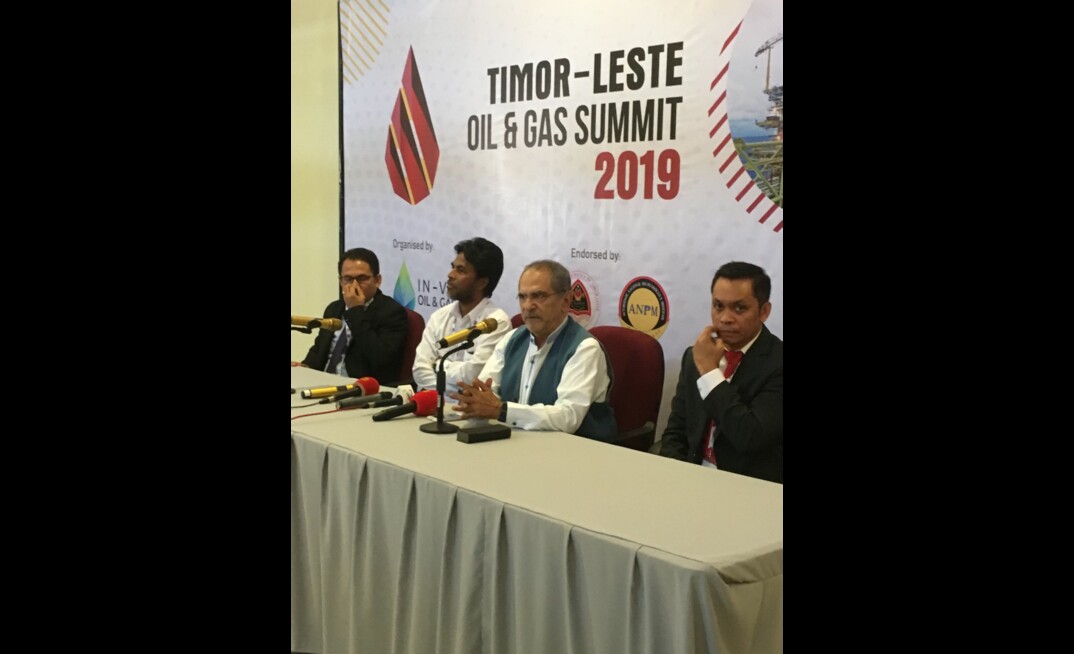-
SOLUTIONS
POLICY
Sunrise LNG champion to return as Timor-Leste president
Vastly different market conditions may halt sunset on Sunrise
This means one of Greater Sunrise's greatest cheerleaders is likely returning to power at a time when oil and gas markets have shifted drastically, and some analysts have even suggested plans to develop the multi-Tcf field could be revived.
At this point the numbers point to Ramos-Horta, of the CNRT over incumbent Francisco "Lu Olo" Guterres, of Fretilin. Whoever wins takes office May 20. The Pirme Minister is head of government and appointed by the President after elections.
Under the current government there was a move away from steadfast resolve to develop the Greater Sunrise LNG project via a greenfield plant on the southern coast of the small nation. Critics suggested it was too expensive and unwieldy. The seismicity of the area where any gas pipe would run has long been considered one of the main roadblocks, although Dili has produced reports from international firms suggesting it is possible.
The project could not proceed until the maritime boundary between Australia and Timor-Leste was ratified in late 2019. Should the gas head to Australia, Dili got an 80% share but if it went to Suai on the south coast that dropped to 70%.
Ramos-Horta served in the mid-2000s.
He and counterpart Xanana Gusmao have long seen an LNG project as nation building, able to to develop multiple industries and bring a construction boom just as the Bayu-Undan gas field was winding down.
In 2019 when asked by a Dateline journalist whether the nation had LNG capabilities he accused the reporter of racism.
"We are not monkeys," he said.
Bayu-Undan accounts for the vast majority of state revenue. It shuts down next year.
Through 2018 and 2019 Timor-Leste, led by Gusmao, bought out ConocoPhillips' and then Shell's shares of the fields using cash from the petroleum sovereign wealth fund, leaving only operator Woodside Petroleum and minor stakeholder Osaka Gas.
In 2020 Woodside wrote down the value of the project to zero, but had earlier said if Dili wanted its own LNG development it would act as operator of the plant, but have no financial exposure to it.
Ramos-Horta, and his supporter and former freedom fighter and president Gusmao, have long been gung-ho on the development. Both elder statesmen were fixtures of the nation's first ever oil and gas conference in October 2019 despite neither being in office at the time.
While Gusmao gave off the cuff speeches between presentations and helped someone work their slides -- and also ran steaks from the kitchen to diners during the inaugural dinner wearing a Hawaiian shirt -- Ramos-Horta closed proceedings, underlining his deep commitment to developing the nation's oil and gas sector further.
The industry assumptions of 2019 were that the only place Dili was going to find finance for the project was China. Ramos-Horta did not confirm or deny but suggested anti-China sentiment in general was counterproductive.
AIM-listed Barron Oil, via subsidiary Sunda Gas, is currently undertaking work to reprocess seismic and other data from a development Shell looked over in 1998, where it drilled a single successful well but never properly tested it.
The Jurassic-level Chuditch gas discovery is in shallow water and could be suitable for a floating LNG development, Sunda has said.
It decided against taking more acreage in the latest round, which opened October 2019 and through COVID-19 was extended twice to finish on the fourth of this month. It is not known how many blocks were bid on.

ENB CCS Report 2024
ENB’s CCS Report 2024 finds that CCS could be the much-needed magic bullet for Australia’s decarbonisation drive

ENB Cost Report 2023
ENB’s latest Cost Report findings provide optimism as investments in oil and gas, as well as new energy rise.

ENB Future of Energy Report 2023
ENB’s inaugural Future of Energy Report details the industry outlook on the medium-to-long-term future for the sector in the Asia Pacific region.

ENB Cost Report 2021
This industry-wide report aims to understand current cost levels across the energy industry




















